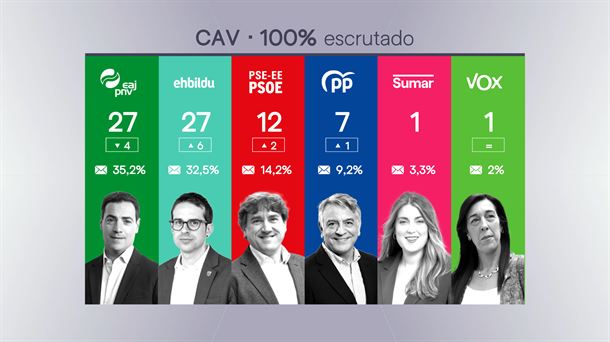Germany introduced a gas storage tax last year due to declining Russian gas imports and low storage levels. This has massively increased the price of gas for Austria and cost consumers and businesses 100 million euros.
The gas tax introduced by Germany – which is part of the German ‘gas emergency plan’ – not only makes it more difficult to phase out Russian gas, but also makes gas more expensive in general. The German surcharge costs Austrian consumers and companies more than 100 million euros per year. The European Commission has already sharply criticized this approach, and Italy recently waived such a levy in solidarity.
“Europe must unite against Putin”
In the fight against inflation, the Neos are calling for an end to the German gas tax and for action from the Austrian federal government. Energy spokeswoman Karin Doppelbauer: “Chancellor Nehammer and Energy Minister Gewessler are being called on to hold their German counterparts Scholz and Habeck accountable. The Austrian government must use its voice at EU level to take action against additional burdens and act in the interests of Austrian citizens. Only together can we implement the EU’s internal energy market, make energy cheaper for consumers and become independent from Putin.”
According to Doppelbauer, the Austrian Greens would only continue the phasing out of Russian gas half-heartedly in any case: “And their German party friends in particular are making an end to Putin’s gas diktat in Austria even more expensive. Gewessler must put pressure on Habeck so that the gas price drops and life becomes more affordable for people again.”
What does the German gas tax mean?
What does the German gas storage tax mean for Austria? Due to declining Russian gas imports and low storage levels, the alert level was declared in Germany in 2023 in accordance with the gas emergency plan and a gas storage tax was introduced. A similar levy in the form of a “neutrality tax” on exports is currently being considered in Italy. By importing gas from both countries, Austria is directly affected by the additional costs.
The gas storage tax has increased steadily and now amounts to 1.86 euros/MWh for the period January to June 2024. The increase in the gas storage tax of 1.45 euros/MWh was justified by the lower gas consumption, to which the costs already incurred must be attributed.
The The gas now flows in the other direction
This gas storage tax is also levied on gas exported to Austria, costing Austrian market participants – and subsequently end customers – approximately 115 million. This mainly has direct consequences for the western Austrian states, as they are supplied exclusively via the German gas network. But the gas storage tax also has consequences in other parts of Austria. In the past, gas often flowed in the other direction, from Russia via Ukraine to Slovakia and Austria and then to Italy and Germany.
Source: Krone
I am Ida Scott, a journalist and content author with a passion for uncovering the truth. I have been writing professionally for Today Times Live since 2020 and specialize in political news. My career began when I was just 17; I had already developed a knack for research and an eye for detail which made me stand out from my peers.



